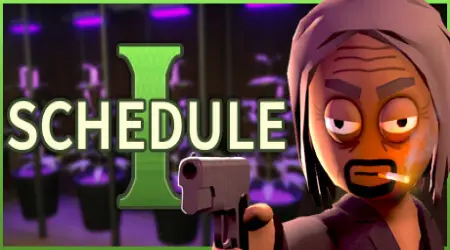
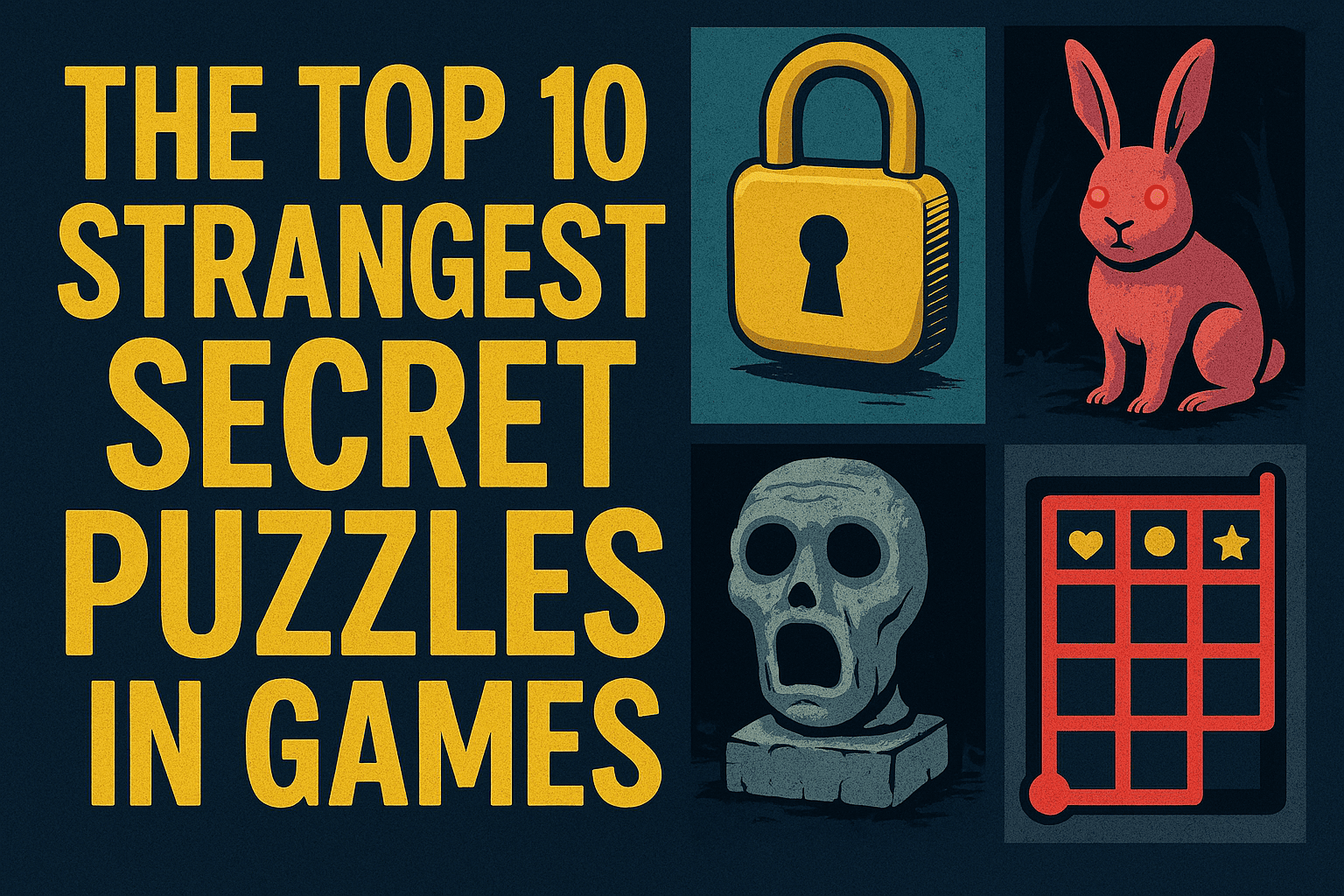
Top 10 Strangest Secret Puzzles in Video Games | Hidden Challenges Revealed
The Top 10 Strangest Secret Puzzles in Games
Introduction: Why Secret Puzzles Fascinate Gamers
Video games are more than just entertainment—they’re treasure hunts for the curious. Hidden within their worlds are secret puzzles, cryptic challenges that reward players with a rush of discovery. These aren’t your standard “find the key to unlock the door” tasks. The strangest secret puzzles push logic to the breaking point, defy expectations, and sometimes require years of community effort to crack. From obscure codes in indie gems like Fez to bizarre real-world scavenger hunts in Trials Evolution, these puzzles captivate us with their mystery and madness.
Why do we love them? They tap into our primal urge to solve the unsolvable, offering a sense of mastery over digital worlds. According to a 2023 survey by IGN, 68% of gamers actively seek out Easter eggs and hidden content, with many spending hours scouring forums for clues. But some puzzles go beyond clever—they’re downright weird, blending moon logic, cultural references, or even physical actions outside the game. In this guide, we’ll explore the top 10 strangest secret puzzles in video games, unraveling their quirks and why they’ve left players baffled (and obsessed) for decades.
What Makes a Puzzle Truly Strange?
Before diving into our list, let’s define what sets a strange secret puzzle apart:
- Unintuitive Logic: Solutions that ignore conventional reasoning, like using an owl to trick a guard in Metal Gear 2.
- Hidden Depths: Puzzles buried so deep they take years to find, often requiring external tools or real-world actions.
- Genre-Breaking: Challenges that clash with the game’s tone, like a literary riddle in a horror title.
- Community Effort: Puzzles so complex they spark online sleuthing, with players pooling knowledge across platforms.
- WTF Factor: Moments that make you question the developers’ sanity (cat hair mustache, anyone?).
These elements combine to create experiences that linger long after the credits roll. Ready for the weirdness? Let’s count down the top 10.
Top 10 Strangest Secret Puzzles in Games
1. The Trials Evolution Time Capsule (Trials Evolution)

Game: Trials Evolution (2012, Xbox 360)
Puzzle: A real-world scavenger hunt spanning a century.
In Trials Evolution, RedLynx didn’t just hide a puzzle—they hid a time capsule. Scattered across levels were cryptic clues: coded messages, GPS coordinates, and references to real-world locations. Players uncovered a trail leading to buried boxes in Helsinki, San Francisco, Sydney, and Bath, UK. But the kicker? The final clue, found in a secret level, declared the ultimate solution would be revealed under the Eiffel Tower in 2113. Yes, a puzzle locked for a century.
Why It’s Strange: Combining digital clues with physical scavenger hunts is wild enough, but a 100-year wait? That’s next-level commitment. Online communities, like those on Reddit, spent years decoding audio files and glyphs, only to hit a literal future wall.
- Impact: It turned Trials Evolution into a cultural phenomenon, with players still theorizing about what’s in those boxes. Is it a joke? A treasure? Nobody alive today may ever know.
Pro Tip: Check forums like GameFAQs for archived clue threads if you’re curious to trace the hunt’s early days.
2. Fez’s Black Monolith Code (Fez)

Game: Fez (2012, Xbox 360, PC)
Puzzle: A cryptic code requiring brute force and community obsession.
Fez is a 2D-meets-3D indie masterpiece, but its Black Monolith puzzle is pure insanity. Hidden in New Game+ mode, players could unlock a first-person view to spot a monolith tied to a red cube. The catch? Solving it required inputting a bizarre button sequence: Down Down LT RT RT A Up. No in-game hints explained it. After 60,000+ community attempts, players brute-forced the solution, theorizing it tied to obscure pre-release info or candle patterns in rooms.
Why It’s Strange: The puzzle’s logic is so opaque it feels like a developer prank. Creator Phil Fish stayed cryptic, fueling debates about whether the solution was intentional or a meta-commentary on gaming’s obsession with secrets.
- Impact: It cemented Fez as a puzzle-solving legend, with fans still dissecting its glyphs on Discord servers.
Pro Tip: Use a controller mapping guide to nail the sequence, and explore Fez’s forums for glyph translations.
3. The Gabriel Knight 3 Cat Hair Mustache (Gabriel Knight 3)
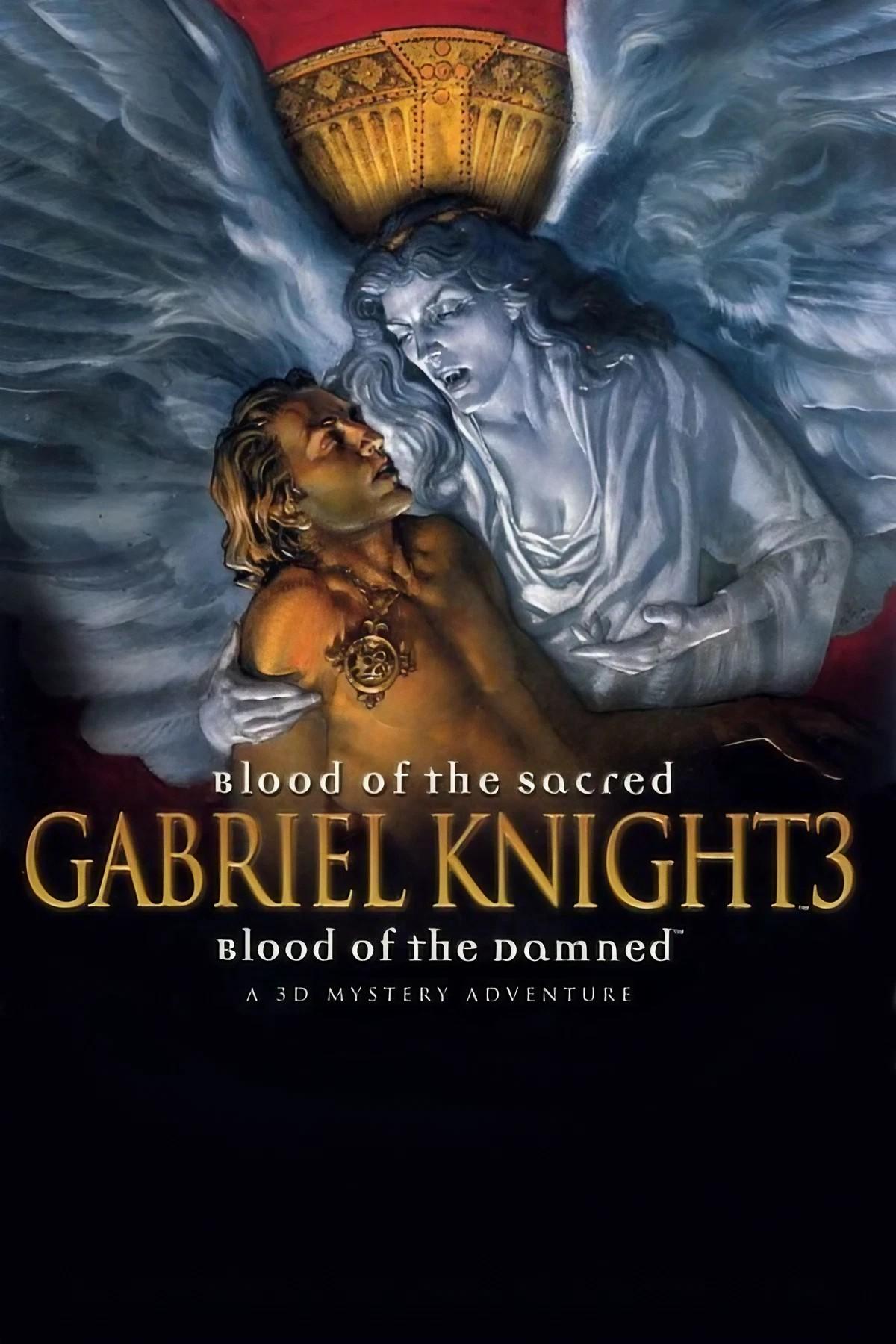
Game: Gabriel Knight 3: Blood of the Sacred, Blood of the Damned (1999, PC)
Puzzle: Disguising yourself with cat hair and syrup.
Need to infiltrate a hotel room? In Gabriel Knight 3, you don’t pick a lock—you craft a fake mustache from cat hair, syrup, and tape. Gabriel collects hair from a cat, sticks it to tape, douses it with syrup to make it adhesive, and slaps it on his face to impersonate someone else. It’s as ridiculous as it sounds.
Why It’s Strange: The solution defies *logic doesn’t exist here. Combining random household items into a disguise is peak 90s adventure game nonsense, and players loved/hated it for its sheer audacity. Old Man Murray famously called it the “death of adventure games.”
- Impact: It’s a cult classic puzzle that’s both infuriating and hilarious, sparking endless memes on X and Reddit.
Pro Tip: Save often—Gabriel Knight 3 doesn’t hold your hand, and you’ll need trial and error to nail this one.
4. Metal Gear 2’s Owl Egg Trick (Metal Gear 2: Solid Snake)

Game: Metal Gear 2: Solid Snake (1990, MSX2)
Puzzle: Using an owl to bypass a laser fence.
In Metal Gear 2, Snake faces a laser fence that only deactivates at night. Problem: the game has no day/night cycle. Solution? Find an egg, hatch it into an owl, and show it to a guard, who assumes it’s nighttime and turns off the lasers. Yes, really.
Why It’s Strange: Convincing a guard it’s night with a bird is so absurd it’s almost genius. Hideo Kojima’s early penchant for breaking the fourth wall shines here, making players question reality itself.
- Impact: It set the tone for Metal Gear’s quirky puzzles, influencing later entries’ love for weirdness.
Pro Tip: Keep exploring after finding the egg—patience is key to hatching it.
5. The X-Men Reset Button Puzzle (X-Men, Sega Genesis)
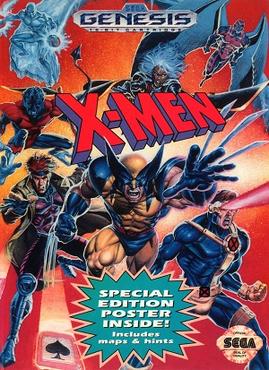
Game: X-Men (1993, Sega Genesis)
Puzzle: Pressing the console’s reset button to progress.
Stuck in the Mojo’s Crunch level? The game tells you to “reset the computer.” No in-game computer exists. The solution? Physically press the reset button on your Sega Genesis. It’s a fourth-wall-breaking stroke of madness that baffled players in 1993.
Why It’s Strange: Requiring a real-world action to advance is unheard of. It’s brilliant for its time but cruel on emulators or handhelds like the Sega Nomad, which lacked reset buttons.
- Impact: It’s a relic of 90s gaming’s experimental spirit, still discussed on retro gaming X threads.
Pro Tip: If playing on modern hardware, check your emulator’s keybinds for a reset shortcut.
6. The Silent Hill 3 Shakespeare Nightmare (Silent Hill 3)

Game: Silent Hill 3 (2003, PS2, PC)
Puzzle: A cryptic Shakespeare riddle on hard mode.
Set Silent Hill 3’s puzzle difficulty to “Hard,” and you’ll face a bookstore riddle involving Shakespeare’s plays. It’s a dense poem about a “madly dancing man,” a “beloved’s grave,” and “true madness.” Players must arrange books in a specific order based on vague literary clues, with no clear feedback.
Why It’s Strange: A horror game throwing a PhD-level literature puzzle at you is jarring. It feels like a prank from a sadistic English professor, not a zombie-slaying adventure.
- Impact: It’s infamous among Silent Hill fans, with walkthroughs flooding GameFAQs after release.
Pro Tip: Brush up on Macbeth and Romeo and Juliet—or keep a guide handy.
7. The Last Guardian’s Hidden Language (The Last Guardian)
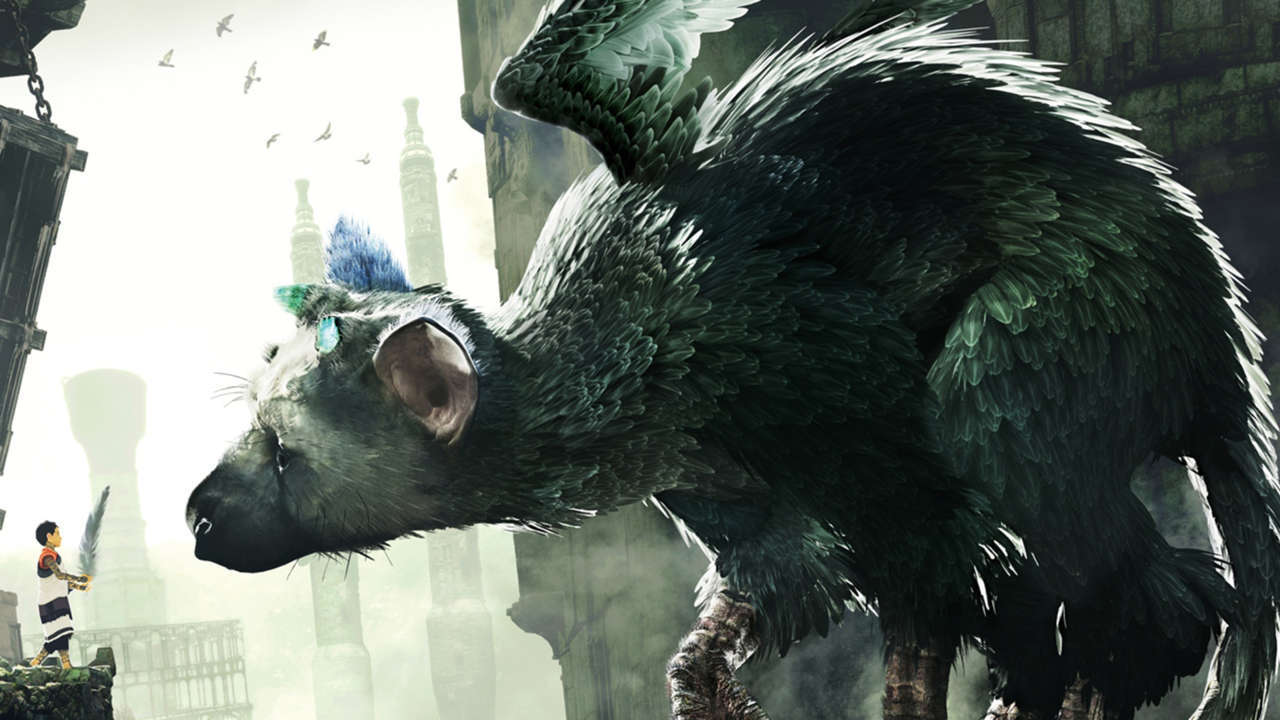
Game: The Last Guardian (2016, PS4)
Puzzle: Decoding a fictional language for secrets.
The Last Guardian hides a subtle puzzle in its narrative: the boy’s commands to Trico are in a fictional language players can translate. By analyzing subtitles and audio, dedicated fans decoded phrases, revealing lore about the game’s world and Trico’s origins.
- Why It’s Strange: Most players miss this entirely—it’s not a required puzzle but a secret for linguistic nerds. Decoding it feels like cracking an ancient script, blending immersion with obsession.
- Impact: It deepened the game’s mystique, with fan wikis like Fandom buzzing with translations.
Pro Tip: Record Trico’s barks and cross-reference with subtitle timings to start decoding.
8. The Monkey Island Insult Swordfighting (The Secret of Monkey Island)

Game: The Secret of Monkey Island (1990, PC)
Puzzle: Winning duels with witty insults.
Forget swords—The Secret of Monkey Island pits you against pirates in insult swordfighting. You must learn and counter insults like “You fight like a dairy farmer” with zingers like “How appropriate, you fight like a cow.” It’s a puzzle of memory and wit, not reflexes.
Why It’s Strange: Turning combat into a comedy roast is delightfully absurd for a pirate adventure. It’s less about logic and more about mastering pirate trash-talk.
- Impact: It’s a beloved classic, inspiring modern games like Sea of Thieves to embrace humor.
Pro Tip: Write down insults and responses—memory is your weapon.
9. The Witness’s Environmental Secrets (The Witness)

Game: The Witness (2016, PS4, PC)
Puzzle: Hidden patterns in the environment.
The Witness is a puzzle game, but its strangest secrets are environmental puzzles. Natural elements—clouds, trees, shadows—form hidden patterns you can trace to unlock secrets. Spot a circle in a misty landscape, align it correctly, and boom: a new challenge appears.
Why It’s Strange: It trains you to see puzzles in everything, blurring the line between game and reality. Finding them feels like a revelation, but missing them leaves you blind.
- Impact: It redefined puzzle design, influencing titles like Outer Wilds.
Pro Tip: Squint at distant objects—perspective is everything.
10. The Punch-Out!! Visual Cues (Mike Tyson’s Punch-Out!!)

Game: Mike Tyson’s Punch-Out!! (1987, NES)
Puzzle: Timing punches via crowd cues.
In Mike Tyson’s Punch-Out!!, beating tough opponents like Bald Bull or Piston Honda isn’t just about reflexes. Look at the crowd: a photographer’s camera flash or a bearded man ducking signals the exact moment to land a knockout punch. These cues stayed hidden for decades.
Why It’s Strange: Hiding critical gameplay in background details is sneaky and brilliant. Most players mashed buttons, missing the subtle hints entirely.
- Impact: It added depth to a seemingly simple game, with retro fans still uncovering cues on X.
Pro Tip: Focus on the front row during fights—ignore the chaos.
How Developers Craft These Mind-Bending Puzzles
Creating a strange secret puzzle is an art form. Developers like Hideo Kojima (Metal Gear) or Jonathan Blow (The Witness) balance challenge with intrigue:
- Obscurity by Design: Puzzles like Fez’s monolith thrive on vagueness, encouraging community sleuthing. Devs drop cryptic hints in interviews or patch notes to fuel hype.
- Cultural References: Silent Hill 3’s Shakespeare puzzle leans on niche knowledge, rewarding players who think outside the game.
- Breaking the Fourth Wall: X-Men’s reset button or Trials Evolution’s real-world hunt blur the line between game and reality.
- Community Bait: Puzzles like Trials’ time capsule are built for forums and wikis, knowing players will obsess together.
A 2024 GDC talk by puzzle designer Robert Yang noted that “the best puzzles feel personal, like the dev is daring you directly.” Strange puzzles amplify this, turning players into detectives.
Tips for Solving Strange Secret Puzzles
Stuck on a bizarre puzzle? Try these strategies:
- Think Laterally: If logic fails, go wild. Could that egg be a key? Is the crowd hiding clues?
- Join the Community: Check Reddit, Discord, or X for fan theories—puzzles like Fez’s monolith were cracked by crowdsourcing.
- Use External Tools: Graph paper, audio editors, or even Google Translate can unlock secrets (The Last Guardian’s language, anyone?).
- Experiment Fearlessly: Trials Evolution rewarded reckless exploration. Try everything, even if it feels dumb.
- Take Breaks: Stepping away can spark the “aha!” moment, especially for moon-logic puzzles like Gabriel Knight 3.
Pro Tip: Document everything—screenshots, notes, or recordings can reveal patterns you missed.
Why These Puzzles Matter in Gaming Culture
Strange secret puzzles aren’t just quirks—they’re gaming’s soul. They:
- Build Community: From Fez’s forums to Trials’ real-world hunts, puzzles unite players across decades.
- Reward Dedication: Finding a hidden cue in Punch-Out!! feels like earning a PhD in NES mastery.
- Inspire Creativity: Devs push boundaries, like X-Men’s reset button, shaping bold design trends.
- Keep Games Alive: Puzzles like The Witness’s patterns ensure replayability years later.
A 2025 study by GameSpot found 75% of gamers revisit old titles for undiscovered secrets, proving these puzzles cement legacies. They’re not just games—they’re mysteries that outlive their consoles.
FAQs About Strange Secret Puzzles
Q1: What’s the hardest secret puzzle in gaming?
A: Fez’s Black Monolith takes the crown—its brute-forced code stumped players for years, with no clear in-game hints.
Q2: Are these puzzles meant to be solved?
A: Some, like Trials Evolution’s 2113 reveal, seem designed to stay unsolved, fueling long-term buzz.
Q3: Do modern games still have weird puzzles?
A: Yes! The Witness and Outer Wilds carry the torch, hiding secrets in plain sight.
Q4: Can casual players find these puzzles?
A: Many require dedication, but community guides make them accessible. Start with Monkey Island for a fun entry.
Q5: Why do devs hide such obscure stuff?
A: It’s a love letter to fans, rewarding curiosity and keeping games alive through discovery.
Conclusion: The Enduring Allure of Gaming’s Weirdest Puzzles
The strangest secret puzzles in games—like Trials Evolution’s century-long hunt or Gabriel Knight 3’s cat hair fiasco—are more than challenges. They’re invitations to explore, question, and connect. They turn players into detectives, scholars, and mad scientists, unraveling mysteries that defy logic and time. Whether you’re decoding Fez’s monolith or laughing at Monkey Island’s insults, these puzzles remind us why we play: for the thrill of the unknown.
Ready to hunt? Pick a game from our list, grab a notebook, and dive into the weirdness. Your next “aha!” moment awaits. 😨


